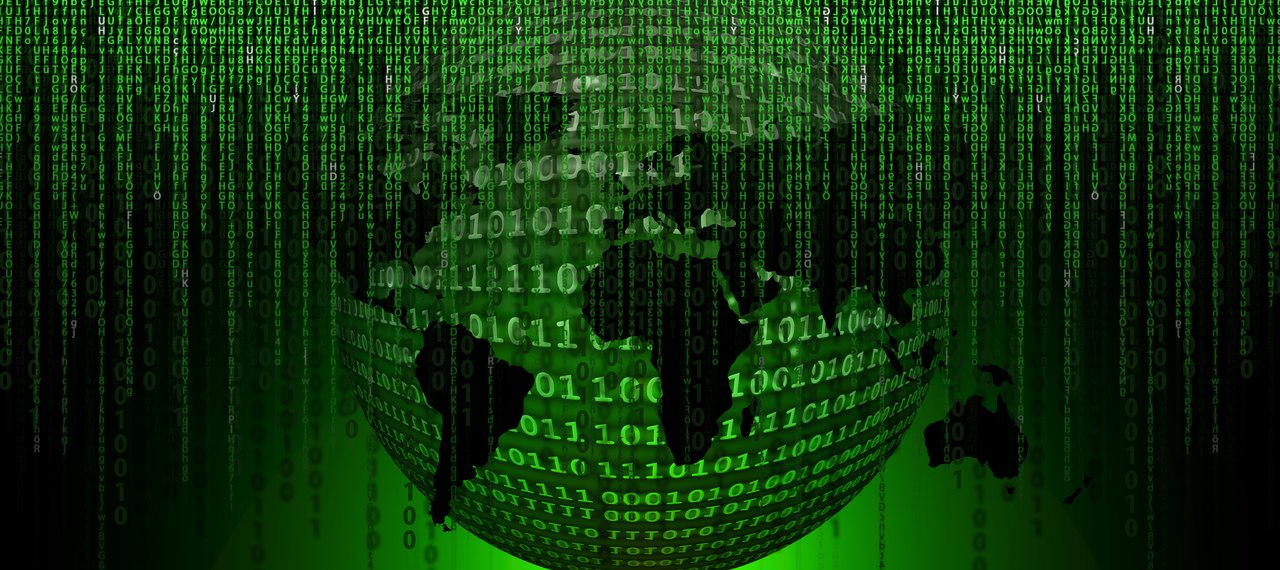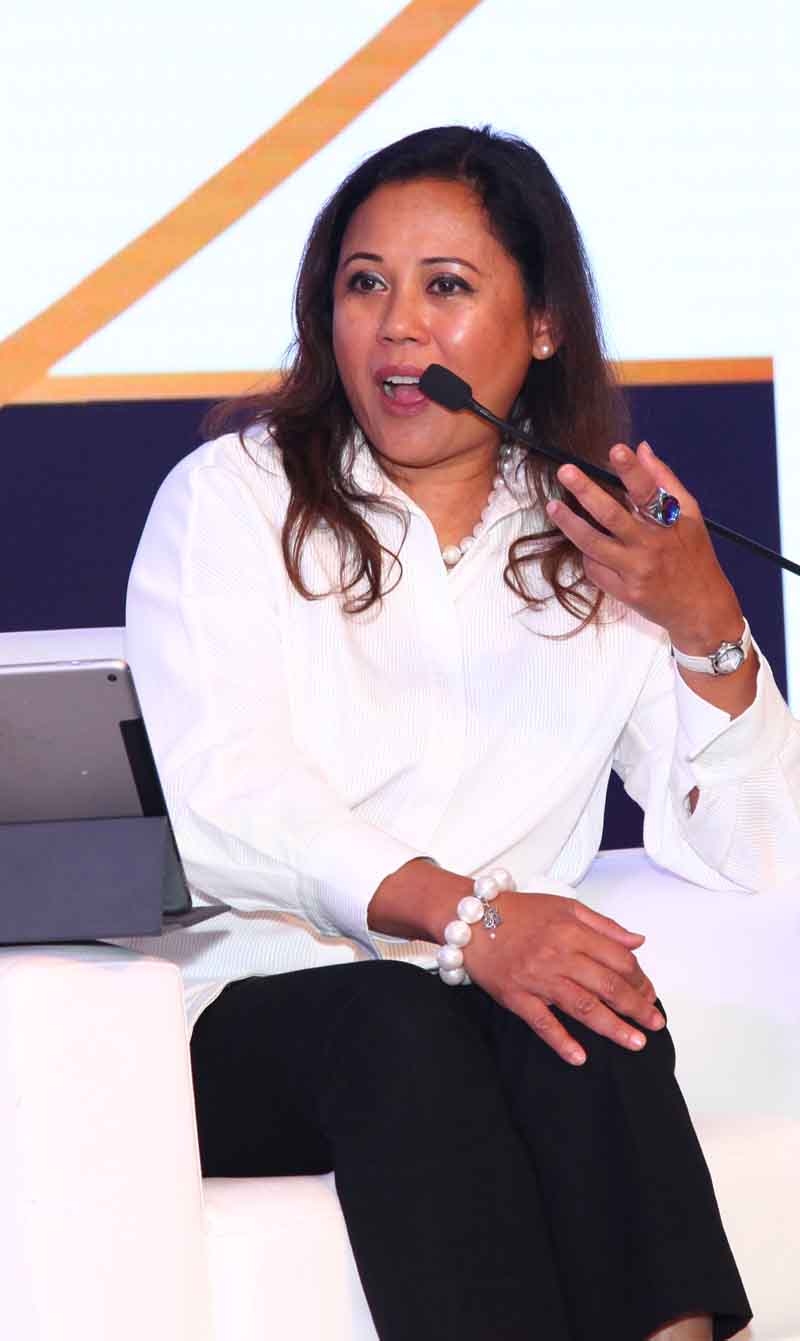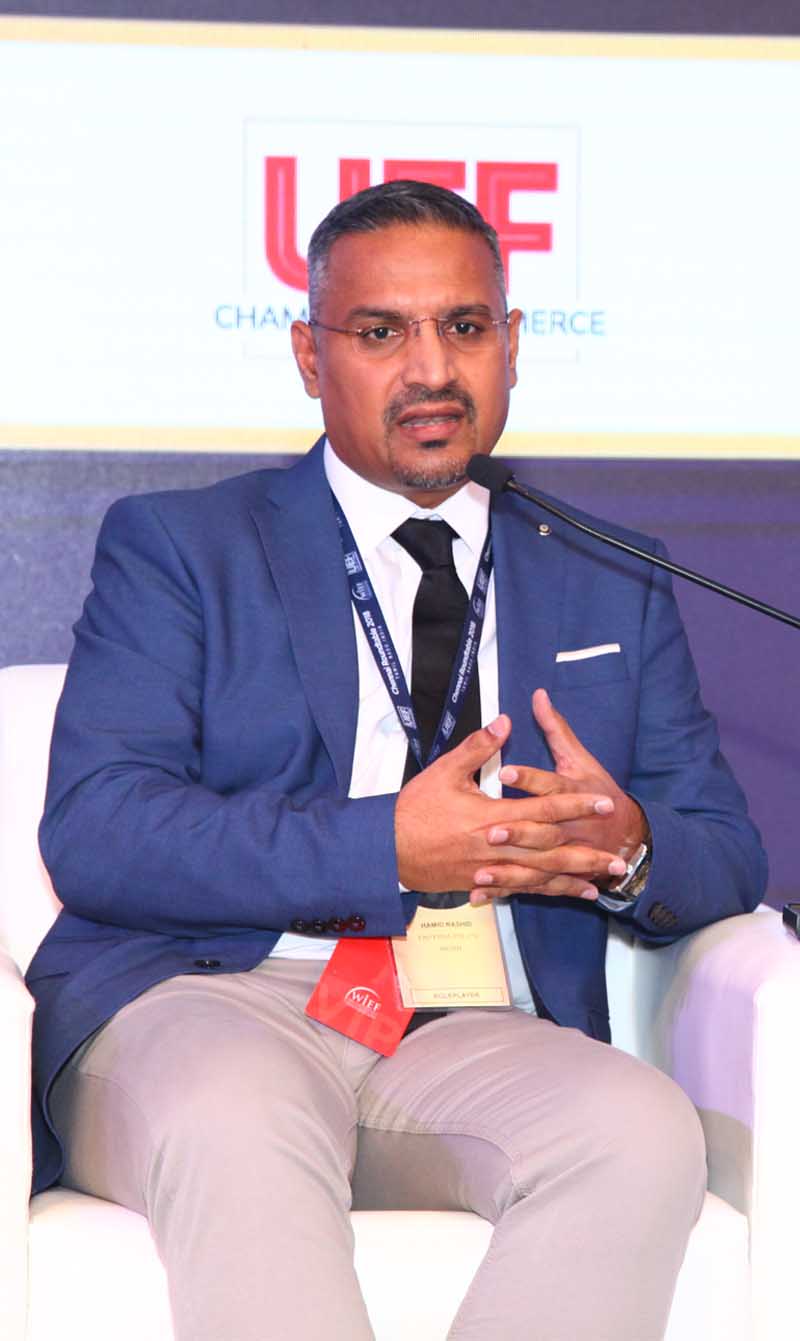ICT advances facilitate market development
Leila Badawi surveys the landscape of product offerings from the ICT sector, which has been quick to recognise the differences in requirement between conventional and Islamic finance.
At a touch of a button, billions of dollars can be moved in a single transaction in real time from one location to another. At the stroke of a key, traders, analysts and investors can see in real time the latest data on a screen in the office or at home, tracking the performance of a particular product – whether it be an equity fund, exchange-traded fund (ETF), a money-market fund, a real-estate investment trust (REIT) or any type of derivative offering.
Equally, no new financial product would come to market without the requisite technology solution or management system. With the proliferation of online internet banking and mobile telephony banking, a whole new area in information and communications technology (ICT) has emerged. This new discipline covers both customer products and services, as well as the associated cyber security to contain cyber crime and fraud, particularly in relation to banking and credit card accounts. All this would not have been possible without the remarkable advances that have been made in ICT over the past few decades, and which have transformed the asset management, wealth creation and financial services industry beyond recognition.
Over the past four decades, a new financial intermediation phenomenon has gripped the global financial system – a system of banking which proscribes interest (the core ethos of the conventional banking system), promotes risk-sharing and requires transactions to be backed by real assets.
Too big to ignore
The spectacular rise of Islamic finance, which has amassed assets under management (AUM) of over USD 1.2 trillion in a mere 38 years, and is projected to increase to USD 3 trillion by the end of the decade, has meant that the sector has become too big to ignore.
Not surprisingly, conventional banks, driven initially by the investment demands of their private banking clients from Islamic countries, have been involved in the industry virtually from the outset. And ICT and financial information vendors are no exception, although they were late starters.
ICT companies, for instance, have embraced the Islamic finance industry with a robustness that perhaps is lacking in other industry segments,
and most ICT operations are outsourced to specialist vendors as a result.
According to Inntron, a leading global information technology advisory service in the banking and finance sector, there are 35 core banking systems that serve the Islamic finance industry by the same number of vendors. Some of those companies cater for the entire spectrum of banking services – universal, retail, wholesale and private banking. One or two also have ICT systems for Islamic microfinance.
The core banking systems serving the Islamic finance industry include T24 of Temenos Systems; the SAB Group’s AT Islamic Banking solutions; the iMAL system of Path Solutions; Equation Islamic Banking Version of Misys International Banking Systems (formerly Midas Kapidi, which was one of the first ICT vendors to cater for the Islamic banking industry); and the ETHIX Financial Solutions Platform of International Turnkey Systems (ITS).
Given the specific requirements of Islamic finance and its financial reporting, especially in the treatment of deposits (which in Islamic banking is not a liability but a profit-and-loss sharing investment account fiduciary item, for instance), core banking solutions have to reflect these characteristics. As such, harmonisation of existing, conventional, ICT with Islamic financial services is more complex than it would at first seem.
The SAB Group, which is more active in francophone countries but looking increasingly towards the Gulf Cooperation Council (GCC) markets, is adamant that its “SAB AT Islamic Banking solution is neither an enhancement nor a modification to an existing conventional banking solution, but it is a full-fledged, indigenously-developed, next-generation Islamic banking system designed to cater to the basic, and the most advanced, requirements of Islamic financial institutions.
“SAB AT Islamic Banking solution is modular and yet fully integrated with SAB AT modules to enable Islamic financial institutions to benefit from the overall architecture, coverage and functionality of the system.”
Segregated ICT solutions are a key issue for Islamic financial institutions. Mohammed Soud Al Naamani, IT Manager of Bank Sohar, Oman, which last year launched an Islamic-banking window (IBW) and opted for the iMAL Islamic core banking system of Path Solutions, explained that the bank “had decided to implement a new system to launch a new Islamic banking window through a system which is completely segregated from the conventional one.”
Interfacing with essential systems
Some banks, such as Bank Muscat in Oman, which was the first one to get an IBW licence from the Central Bank of Oman, uses Temenos T24 for its conventional banking operations, but iMAL for its Islamic banking operations. Most of the systems also allow for customisation, although the less the better. What is important, though, is interfacing with other essential systems in banking, such as payments (RTGS, ACH, SWIFT), electronic cheque clearing and ERP and ATM switch.
Vendors, such as Kuwait-based Path Solutions and ITS, have even sought Shariah certification for their core Islamic banking solutions from Bahrain based industry standard setter Accounting and Auditing Organisation for Islamic Financial Institutions (AAOIFI). Recently, AAOIFI announced that it was withdrawing the AAOIFI Certification Programme for Islamic Banking and Finance Information Systems it had accorded to Path Solutions and ITS effective September and October respectively. “Therefore,” the statement said, “AAOIFI no longer certifies that the Islamic banking and finance information systems offered by Path Solutions and International Turnkey Systems (ITS) as being compliant to AAOIFI standards, and bears no responsibility on the Shariah compliance of their systems.”
Path Solutions has already announced that it is in the process of recertifying its Islamic core banking system – iMAL – through a leading independent Shariah supervisory body. Given that none of the other vendors have sought this Shariah certification, it is not clear to what extent the AAOIFI certification is actually required.
In fact, AAOIFI signed an exclusive agreement with international accounting and advisory firm, EY, earlier in 2013 to carry out certification of financial software products or core banking systems for the Islamic banking and finance industry. The certification programme will see AAOIFI and EY working together in benchmarking financial software products or core banking systems against AAOIFI’s Shariah and accounting standards. Under the certification programme, banking and financial information technology providers will have the opportunity to properly incorporate the AAOIFI standards into their products and systems.
According to AAOIFI’s secretary general and chief executive officer, Dr Khaled R Al Fakih the organisation’s “certification ensures that information technology systems in Islamic financial institutions can give further support to those institutions and mitigate risks of Shariah non-compliance.” The certification process, which has a five-phase approach, involves the two stakeholders – AAOIFI/EY and the ICT vendor – and includes regular periodical reviews. The reviews will be carried out under the supervision of a committee of Shariah scholars from AAOIFI standards boards.
Whether it will be a game changer for the Islamic banking industry as Essa Al Jowder, managing partner at EY claims remains a moot point. “Regulators,” he explains, at the signing of the agreement in Manama, Bahrain, “are becoming increasingly stringent when it comes to Shariah compliance. Core banking vendors have to adapt their systems to incorporate the unique features and processes of Islamic products. Such an endorsement should ideally come from a credible organisation like AAOIFI. Given the need for a combination of Shariah, IT, accounting and banking skills, and experience, EY’s industry credentials are the ideal fit for this joint initiative. We believe that this is an important step for the industry and will go a long way to help reduce operational risk of Islamic banks.”
In response to the global proliferation of Islamic finance, ICT vendors are positioning themselves to leverage competitive and IT advantages. Path Solutions, for instance, has recently set up an Indian subsidiary in InfoPark, Kerala.
Geographical considerations
“The Indian IT sector,” explains group chairman and chief executive officer of Path Solutions, Mohammed Kateeb in a statement, “has built a strong reputation for its high standards of software development ability and service quality, which have been acknowledged globally. The industry continues to set benchmarks through a series of strategic initiatives backed by a strong ecosystem of tech-savvy and multi-skilled workforce. We believe that, going forward, it is imperative and beneficial to have a flourishing India operation. Hence, with the opening of our first office in Kerala, we are determined to take advantage of local skilled resources to build on our heritage of delivering value-added software solutions and services to our esteemed clients”.
Financial information vendors such as Thomson- Reuters, Bloomberg and Morningstar Workstation, have all capitalised on the growth of the Islamic finance industry by providing real-time data, trading platforms, specialist reports and rolling news feeds on the latest developments in the industry. In addition, there are also a number of Islamic index providers focusing on equities, ETFs, ETCs and REITs. The largest is Dow Jones Islamic Market (DJIM) Index, and others include the FTSE Shariah indices, MSCI, Standard & Poor’s indexes, Russell and Thomson- Reuters. There are also a number of much smaller regional index providers.
Thomson Reuters, for the purpose stated above, has teamed up with Ideal Ratings Shariah Fund Management & Purification Services, to provide a global range of Shariah-compliant indices for countries, regions and sectors that are key to Islamic finance. They complement existing Thomson Reuters Islamic finance content and services, and are independent, transparent benchmarks for investors seeking exposure to Shariah-compliant equity and fixed-income investments.
Managing compliance
The Thomson Reuters IdealRatings Shariah Fund Management and Purification Service, according to the information vendor, “screens and manages the compliance cycle for Shariah-compliant products, such as funds and indices,” enabling users to “make investment decisions with up-to-date information and analysis on publicly listed securities with regard to their Shariah-compliance and performance.” The indices have a universe of 40,000 stocks covering over 100 countries, including those in the Middle East and North Africa (MENA) and Brazil, Russia, India, China and South Africa (BRICS) regions.
Thomson Reuters also recently teamed up with Dubai-based news provider, Zawya, to launch the Islamic Finance Gateway (IFG) Community, which, it claims, “is the one dedicated knowledge gateway [where] professionals from across different countries and regions converge and interact on industry issues that matter in order to generate actionable outcomes to shape and speed up the industry’s growth. IFG community is the place where market professionals obtain reliable information, and discuss breaking news, industry issues and the latest research.”
Thomson Reuters has also developed sukuk Indices with the Bond Pricing Agency Malaysia, which has extensive experience of independently valuing bonds and sukuk. Sukuk indices are available for both Malaysian and global markets, covering a wide range of bond classes and maturities.
Last year, Thomson Reuters also launched the Islamic Interbank Benchmark Rate (IIBR) in collaboration with independent stakeholders/associations and high-profile Islamic banks and IBWs. Utilising contributions from up to 18 of the major Islamic banks and IBWs, the IIBR provides a robust indicator of the average expected cost of short-term interbank market funding for the Islamic finance industry.





